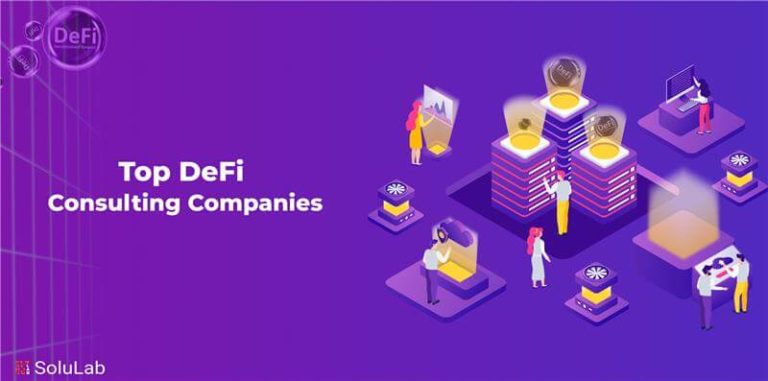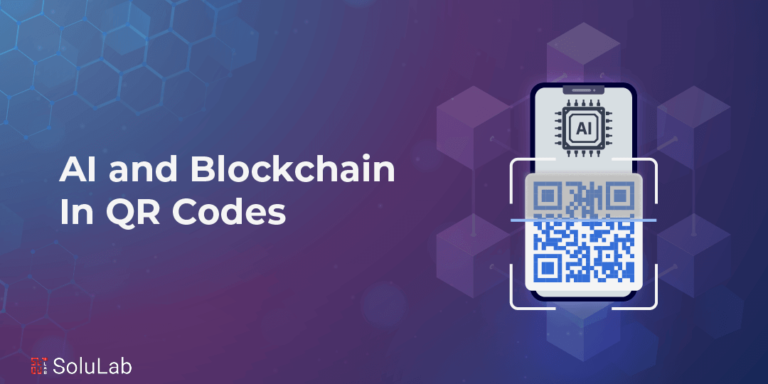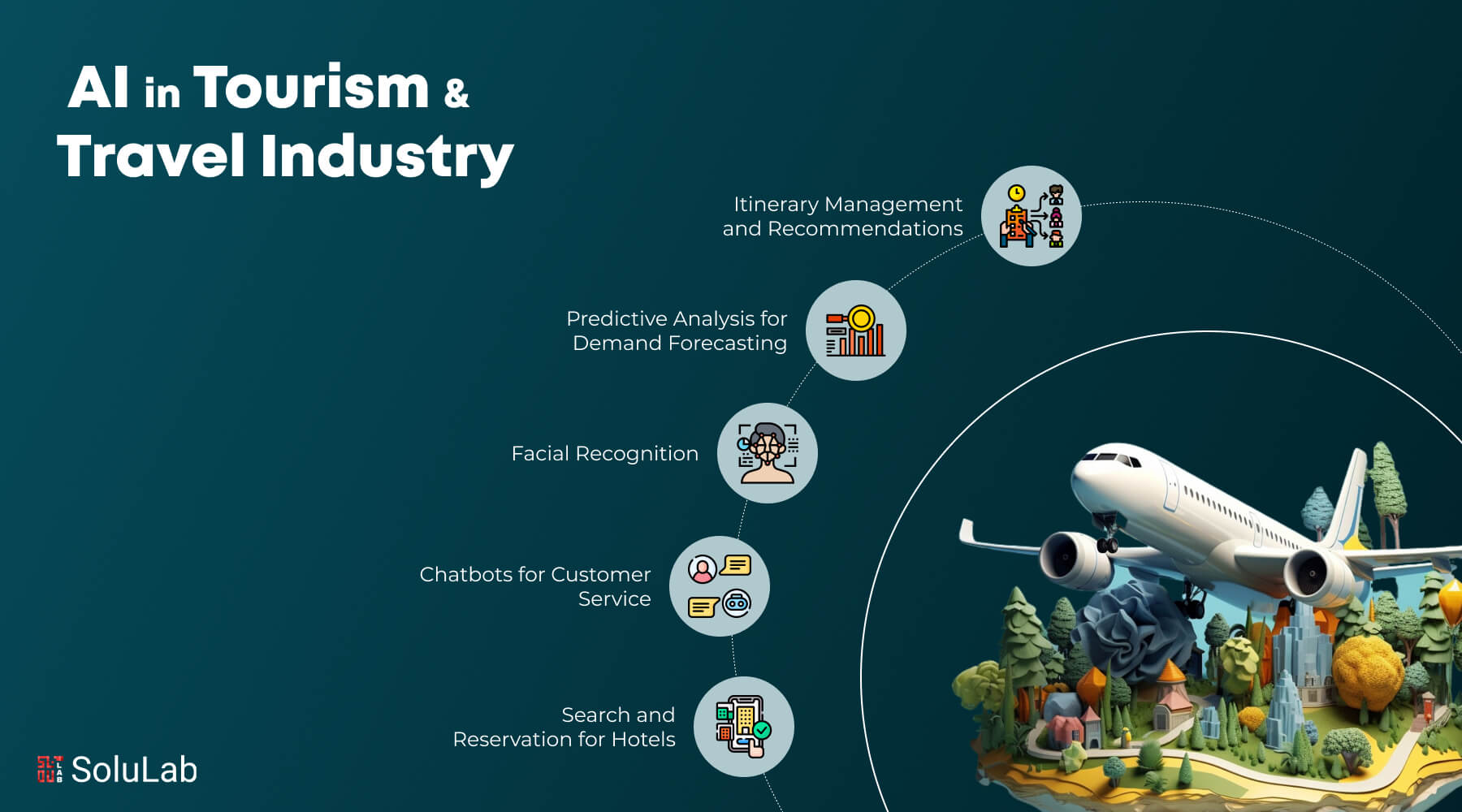
Artificial intelligence is becoming a more reliable and appealing commercial solution due to its continuous improvement. Businesses in the travel sector, in particular, are using AI to handle a variety of administrative and customer support responsibilities. Artificial Intelligence for travel sector generates innovative, individualized experiences where each strategy is backed by strategic research and customized to meet specific needs.
According to Statista, the worldwide market for artificial intelligence in travel is expected to develop at an annualized pace and reach $81.3 billion in 2022 (CAGR) of 35% to reach $423.7 billion by 2027. The incorporation of artificial intelligence technology has yielded notable benefits for customers, including real-time customer service and optimized pricing methods, among other things. In this blog, we will discuss more about the effects of AI in travel industry along with its use cases and some new trends.
Importance of AI in Tourism
The integration of artificial intelligence (AI) in tourism is revolutionizing the industry by enhancing efficiency, personalization, and overall travel experiences. AI trip planning tools are becoming indispensable for travelers, offering tailored itineraries that cater to individual preferences and interests. These tools analyze vast amounts of data, including user preferences, historical travel patterns, and even real-time information on weather and events, to create highly customized travel plans. This level of personalization ensures that travelers have unique and memorable experiences, making their trips more enjoyable and satisfying.
Artificial intelligence travel agent systems are transforming the way people book and manage their travels. These AI-powered agents can handle a wide range of tasks traditionally managed by human agents, such as booking flights, hotels, and activities. They can also provide instant support and recommendations, answering queries and resolving issues around the clock. The efficiency and convenience offered by these virtual agents significantly reduce the time and effort travelers need to spend on planning and organizing their trips.
Another significant advancement is the development of trip planner AI applications. These intelligent systems not only help in the initial planning stages but also assist travelers throughout their journeys. By leveraging real-time data and advanced algorithms, trip planner AI can adapt itineraries on the fly, suggesting alternative activities or routes if plans change due to unforeseen circumstances like weather disruptions or local events. This dynamic adaptability ensures that travelers can make the most of their trips, even when unexpected changes occur.
Moreover, AI in tourism helps businesses within the industry to enhance their services and operational efficiency. Hotels, airlines, and tour operators use AI to analyze customer feedback and behavior, enabling them to improve their offerings and provide more personalized services. AI-driven analytics help in predicting trends and customer needs, allowing businesses to stay ahead in a competitive market.
Benefits of AI in Tourism Industry
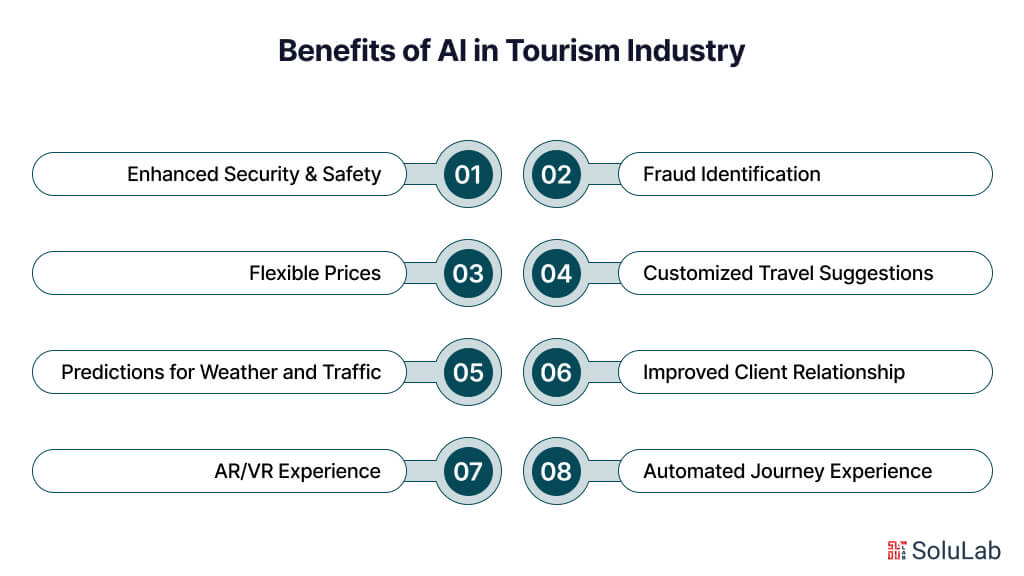
The tourism sector may benefit greatly from artificial intelligence’s revolutionary power, which makes it possible for companies to provide clients with an unparalleled experience. Let’s examine these benefits and their implications in more detail.
-
Enhanced Security & Safety
By concentrating on strong security measures, AI-centric systems may effectively identify possible risks at tourism attractions. Through the use of real-time surveillance, it may also point out possible fraud and identify suspicious activity. With the introduction of advanced technology and intelligent systems, AI for travel has greatly improved. The capacity to recognize dangers and evaluate risks has greatly increased. With its modern screening procedures, AI has completely transformed airport security. For instance, automated facial recognition systems can reliably identify and validate travelers, lowering the possibility of identity theft and enhancing security as a whole.
-
Fraud Identification
Travelers and tourism-related businesses can be safeguarded by AI-based machine learning algorithms that can detect fraudulent transactions in real-time by analyzing booking patterns. Businesses can assist in identifying possible fraudsters before they make reservations or submit insurance claims by utilizing predictive analytics.
-
Flexible Prices
The travel industry uses dynamic pricing, a complex approach, to modify the costs of hotels, flights, and other services in real time depending on a number of variables. AI is essential to this process because it analyzes large amounts of data and applies algorithms to forecast demand, spot possible price changes, and maximize profits for travel-related companies. AI systems gather and examine information from a variety of sources, including booking websites, surveys, real-time data, and past travel experiences.
-
Customized Travel Suggestions
Trip planner AI makes recommendations for travel destinations, lodgings, and itineraries based on a vast quantity of data, including search behavior, social media involvement, and travel history. These recommendations are customized to each traveler’s individual interests and preferences. The planning process could be streamlined by artificial intelligence, saving time and effort.
-
Predictions for Weather and Traffic
When artificial intelligence is integrated with traditional forecasting techniques, passengers can now examine data like traffic volume and weather patterns to produce more precise and localized predictions. When it comes to proactive risk management, such as rerouting transportation, modifying travel plans, and minimizing inconvenience, possible safety risks, and cancellations, artificial intelligence is incredibly helpful.
-
Improved Client Relationship
Traveling with AI has benefits at every turn, from pre-trip preparation to on-the-road and post-trip interactions. The great client experience is enhanced by AI in tourism tailored recommendation, 24/7 multilingual concierge services, predictive analytics, frictionless booking, and adaptable travel plans.
-
AR/VR Experience
Travelers can have a genuine sense of the place, attractions, and general atmosphere by taking virtual tours of destinations, which is one of the many advantages that AR and VR demonstrate.
VR brochures with their stunning images, interactive features, and 360-degree views can really make the trip come to life. Using AR and VR technology, travelers can discover a place’s history, culture, and environment in an engaging way, adding to the experience and making it unforgettable.
-
Automated Journey Experience
Artificial intelligence is paving the way for a more efficient and smooth travel experience by managing travel logistics, reducing the amount of time spent planning, and providing real-time information and assistance. Businesses can use artificial intelligence to streamline administrative tasks like answering customer service inquiries, managing reservations, and data analysis, freeing up staff and their time for more advanced work. For tourism-related enterprises, automating processes can drastically save operating expenses, resulting in higher profitability and better resource allocation.
Use Cases of AI in Travel Industry
The travel and tourist industry’s work is transformed by artificial intelligence in a multitude of ways. Let us examine some of the AI use cases and applications that businesses must employ to improve the quality of travel experiences.
-
Search and Reservation for Hotels
AI in travel industry offers intelligent algorithms that simplify bookings, improve customer experience, and tailor recommendations, revolutionizing the lodging process.
-
Itinerary Management and Recommendations
The use of artificial intelligence in the travel sector results in smart itinerary planning, personalized suggestions, and route customization to individual interests.
-
Predictive Analytics for Demand Forecasting
AI applications in the travel sector include predictive analysis for demand forecasting. AI improves resource allocation, customer experience, and corporate responsiveness to changing travel trends.
-
Facial Recognition
The use of artificial intelligence for travel has improved security and efficiency through facial recognition. Simplified check-ins, personalized experiences, and border control provide for an easy journey for travelers.
-
ChatBots for Customer Service
AI in the tourism industry has altered customer service through AI chatbots in travel industry and improved user experience. It answers questions, offers immediate assistance, and enables travel-related information.
AI Trends to Watch Out in 2024
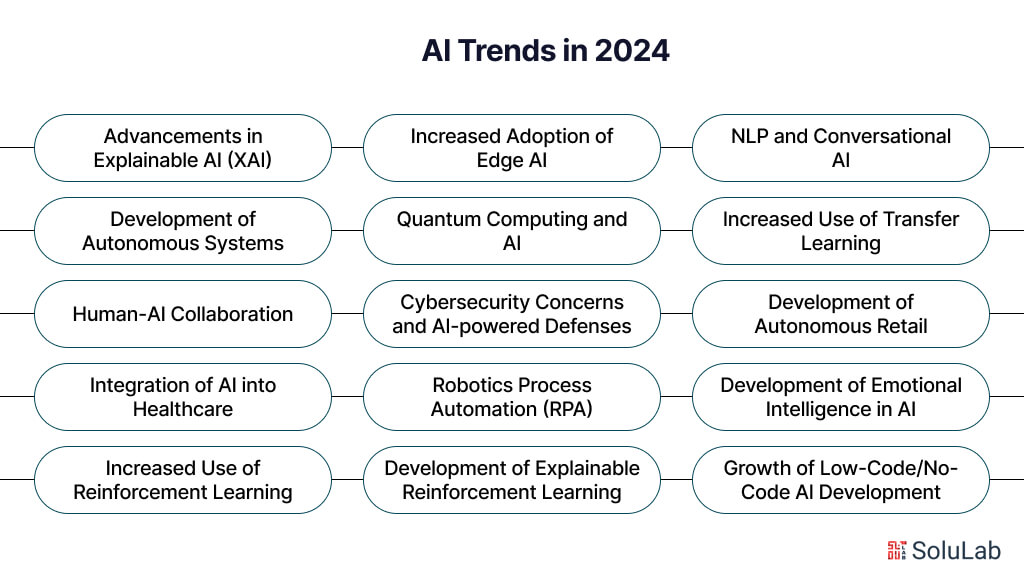
The field of Artificial Intelligence (AI) will make significant advancements and innovations. With the rapid growth of AI adoption across various industries, we can expect to see new trends and technologies emerge in 2024. Here, we will explore some of the key AI trends in travel industry in 2024 that are expected to shape the future of this technology.
1. Advancements in Explainable AI (XAI)
- XAI will become a crucial area of research, focusing on developing techniques to explain and interpret AI-driven decision-making.
- This will enable organizations to understand how AI models make decisions, which is essential for building trust and accountability.
- XAI will be applied in various industries, including healthcare, finance, and government, to ensure transparency and fairness in AI-driven decision-making.
2. Increased Adoption of Edge AI
- Edge AI will continue to gain traction as organizations seek to process and analyze data closer to where it is generated, reducing latency and improving performance.
- Edge AI will be used in IoT devices, autonomous vehicles, and smart homes, enabling real-time processing and decision-making.
- Edge AI will also enable the development of more sophisticated AI-powered devices, such as smart mirrors and smart refrigerators.
3. Natural Language Processing (NLP) and Conversational AI
- NLP will continue to evolve, enabling more accurate and human-like language understanding.
- Conversational AI will become more widespread, powering chatbots, virtual assistants, and other interactive systems.
- NLP will be used in various applications, including customer service, language translation, and text summarization.
4. Development of Autonomous Systems
- Autonomous systems will continue to advance, with applications in areas like self-driving cars, drones, and robots.
- These systems will rely on AI and machine learning to make decisions and interact with their environment.
- Autonomous systems will also be used in industrial settings, such as warehouses and factories, to improve efficiency and productivity.
5. Quantum Computing and AI
- Quantum computing will start to have a significant impact on the field of AI.
- Quantum computers will enable faster and more efficient processing of complex algorithms, leading to breakthroughs in areas like cryptography, optimization, and machine learning.
- Quantum computing will also enable the development of more advanced AI models, such as those that can learn from experience and adapt to new situations.
6. Increased Use of Transfer Learning
- Transfer learning will become more prevalent as organizations seek to leverage existing knowledge and adapt it to new tasks.
- Transfer learning will enable faster development and deployment of AI applications, reducing the need for extensive training data.
- Transfer learning will be used in various applications, including image recognition, natural language processing, and recommender systems.
7. Human-AI Collaboration
- As AI becomes more prevalent, there will be a growing need for humans and AI systems to work together seamlessly.
- Human-AI collaboration will enable organizations to leverage the strengths of both humans and machines, improving productivity and efficiency.
- Human-AI collaboration will be applied in various industries, including healthcare, finance, and manufacturing.
8. Cybersecurity Concerns and AI-powered Defenses
- As AI becomes more widespread, cybersecurity concerns will grow.
- AI-powered defenses will be developed to counteract these threats, including the use of machine learning algorithms to detect and prevent attacks.
- Cybersecurity concerns will be addressed through the development of more advanced threat detection systems, encryption methods, and incident response protocols.
Related: Generative AI in Cybersecurity
9. Development of Autonomous Retail
- Autonomous retail will become more prominent as organizations seek to automate various aspects of retail operations.
- Autonomous retail will include self-checkout kiosks, autonomous inventory management, and smart shelves that use AI to optimize inventory levels.
- Autonomous retail will enable retailers to improve efficiency, reduce costs, and enhance customer experiences.
10. Integration of AI into Healthcare
- AI will continue to transform healthcare by enabling better disease diagnosis, personalized medicine, and improved patient outcomes.
- Applications will include medical imaging analysis, predictive analytics, and patient data management.
- Healthcare providers will use AI to improve patient care, reduce costs, and enhance patient experiences.
11. Robotics Process Automation (RPA)
- Robotics Process Automation will continue to gain traction as organizations automate repetitive and mundane tasks using software robots.
- Robotics Process Automation will free up human resources to focus on more strategic tasks, improving productivity and efficiency.
- Robotics Process Automation will be applied in various industries, including finance, healthcare, and manufacturing.
12. Development of Emotional Intelligence in AI
- As AI systems become more prevalent in our lives, there will be a growing need for them to understand human emotions and behaviors.
- Emotional intelligence in AI will enable more effective interactions between humans and machines.
- Emotional intelligence in AI will be applied in various industries, including customer service, marketing, and education.
13. Increased Use of Reinforcement Learning
- Reinforcement learning will become more popular as organizations seek to develop AI systems that can learn from experience and adapt to new situations.
- Reinforcement learning will be used in various applications, including game playing, robotics control, and recommendation systems.
- Reinforcement learning will enable organizations to develop more advanced AI models that can learn from experience and adapt to new situations.
14. Development of Explainable Reinforcement Learning
- As reinforcement learning becomes more widespread, there will be a growing need for explainable reinforcement learning techniques that can provide insights into the decision-making process.
- Explainable reinforcement learning will enable organizations to understand how their AI models make decisions.
- Explainable reinforcement learning will be applied in various industries, including finance, healthcare, and manufacturing.
15. Growth of Low-Code/No-Code AI Development
- Low-code/no-code platforms will enable non-technical professionals to develop their own AI applications without requiring extensive programming knowledge.
- Low-code/no-code platforms will democratize access to AI development, enabling a wider range of individuals to develop their own AI applications.
- Low-code/no-code platforms will be applied in various industries, including customer service, marketing automation, and data analysis.
Real-World AI Travel Examples
The travel industry has undergone significant transformations in recent years, and Generative AI in travel industry is playing a crucial role in shaping the future of this sector. From personalized recommendations to predictive maintenance, AI is being used in various ways to enhance the travel experience. Let’s have a look at some real-world AI travel examples:
1. Personalized Hotel Recommendations: Hotel chains like Marriott and Hilton are using AI chatbots in travel industry to provide personalized recommendations to guests. These chatbots can analyze a guest’s preferences, such as their favorite room type, restaurant, and activities, and suggest tailored experiences.
2. Predictive Maintenance for Airplanes: Airline companies like Delta and American Airlines are using AI to predict and prevent mechanical issues on their planes. By analyzing sensor data and historical maintenance records, AI can identify potential problems before they occur, reducing the risk of flight delays and cancellations.
3. Intelligent Travel Planning: Travel agencies like Expedia and Booking.com are using AI-powered booking engines to provide personalized travel recommendations based on a user’s preferences and travel history. AI can analyze vast amounts of data to suggest the best routes, hotels, and activities for a traveler’s next trip.
4. Smart Airport Systems: Airports like Amsterdam Schiphol and Singapore Changi are using AI-powered systems to streamline passenger processing and reduce wait times. AI-powered chatbots can assist with check-in, baggage drop-off, and security screening, making the airport experience more efficient and stress-free.
5. Virtual Assistants for Travelers: Virtual assistants like Amazon’s Alexa and Google Assistant are being integrated into hotel rooms and rental properties to provide travelers with personalized assistance. These virtual assistants can help with everything from setting alarms to booking restaurants and activities.
6. Predictive Demand Forecasting: Travel companies like Airbnb and Uber are using AI-powered predictive analytics to forecast demand for their services. By analyzing historical data and real-time feedback, AI can predict when demand will peak or dip, allowing companies to adjust their pricing strategies and inventory accordingly.
7. Real-Time Language Translation: Travel apps like TripIt and TripCase are using AI-powered real-time language translation to help travelers communicate with locals more effectively. These apps can translate languages in real-time, reducing the need for language barriers and making it easier for travelers to navigate unfamiliar destinations.
8. Intelligent Traffic Management: Cities like Paris and London are using AI-powered traffic management systems to optimize traffic flow and reduce congestion. By analyzing real-time traffic data and predicting traffic patterns, AI can help reduce travel times, improve air quality, and reduce emissions.
9. Virtual Reality Travel Experiences: Travel companies like Expedia and Airbnb are using virtual reality (VR) technology to provide travelers with immersive travel experiences. VR can simulate hotel rooms, destinations, and activities, allowing travelers to explore new places before they even arrive.
10. AI-Powered Travel Insurance: Insurance companies like AXA and Allianz are using AI-powered algorithms to analyze traveler behavior and provide personalized insurance policies. By analyzing data on a traveler’s destination, mode of transportation, and activities, AI can provide customized insurance quotes that cater to an individual’s specific needs.
These real-world AI travel examples demonstrate the vast potential of Artificial Intelligence in transforming the travel industry. From improving the customer experience to optimizing operations, AI is revolutionizing the way we travel by providing personalized, efficient, and innovative experiences for travelers around the world.
Final Words
The integration of Artificial Intelligence in the tourism and travel industry has revolutionized the way travelers plan, book, and experience their journeys. From personalized recommendations and efficient customer service through AI agents to the optimization of travel logistics, AI is reshaping the landscape with unparalleled precision and convenience. However, despite these advancements, the travel industry faces significant challenges in fully leveraging AI. Data privacy concerns, the complexity of integrating AI with existing systems, and the need for continuous updates and maintenance are some of the hurdles that need addressing to ensure a seamless and secure AI-driven travel experience.
SoluLab is at the forefront of tackling these challenges, offering robust solutions that enhance the efficiency and security of AI applications in the travel industry. Our expertise in developing sophisticated AI agents ensures that data privacy is prioritized, and our seamless integration services help overcome the complexities associated with adopting new technologies. Additionally, our ongoing support and maintenance services guarantee that AI systems remain up-to-date and fully functional. If you’re looking to revolutionize your travel business with innovative AI solutions, contact us today to discover how SoluLab can transform your operations and elevate your customer experience.
FAQs
1. How is AI enhancing customer service in the travel industry?
AI enhances customer service in the travel industry through the use of AI agents and chatbots that provide 24/7 assistance, answer customer queries, and offer personalized recommendations. These AI-driven tools can handle a high volume of requests efficiently, ensuring quick response times and improving overall customer satisfaction.
2. What are the main benefits of using AI in travel logistics?
The main benefits of using AI in travel logistics include optimized route planning, predictive maintenance for transportation, and improved resource management. AI algorithms analyze vast amounts of data to predict potential disruptions and suggest alternative routes, ensuring a smoother travel experience for passengers and more efficient operations for travel companies.
3. How does AI handle data privacy concerns in the travel industry?
AI systems in the travel industry handle data privacy concerns by implementing advanced encryption techniques and strict access controls. AI-driven solutions are designed to comply with global data protection regulations, ensuring that personal information is securely processed and stored. Regular updates and audits are conducted to maintain the highest standards of data security.
4. Can AI personalize travel experiences for individual travelers?
Yes, AI can significantly personalize travel experiences by analyzing user preferences, past behaviors, and real-time data. AI-powered recommendation engines suggest destinations, activities, and accommodations tailored to individual tastes, enhancing the overall travel experience and making it more enjoyable and relevant for each traveler.
5. How can SoluLab help travel companies integrate AI into their operations?
SoluLab offers comprehensive AI integration services tailored to the travel industry, including the development of AI agents, seamless system integration, and ongoing support and maintenance. Our solutions address the unique challenges of the travel sector, such as data privacy and system compatibility, ensuring that AI implementations are effective, secure, and beneficial. Contact us today to learn how SoluLab can help transform your travel business with innovative AI technology.





